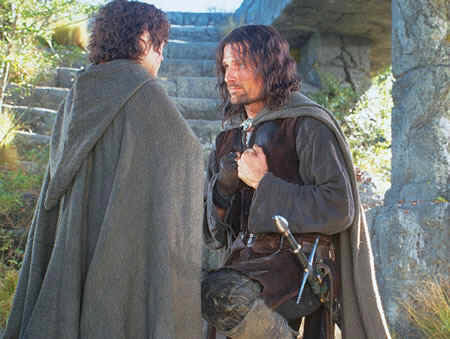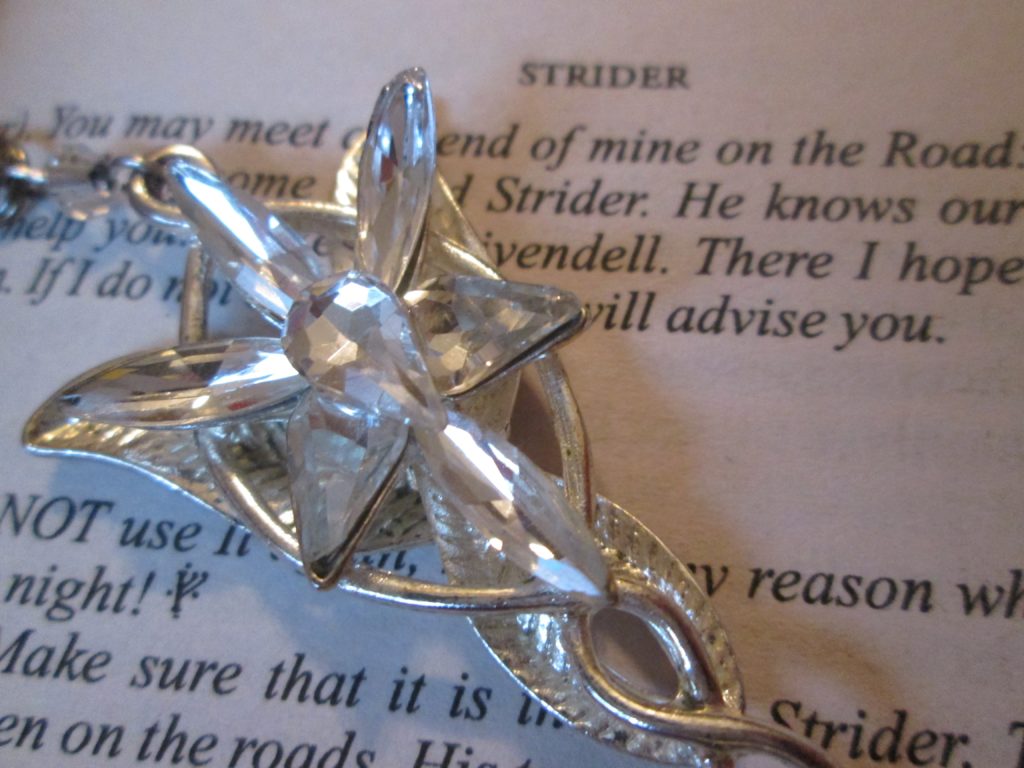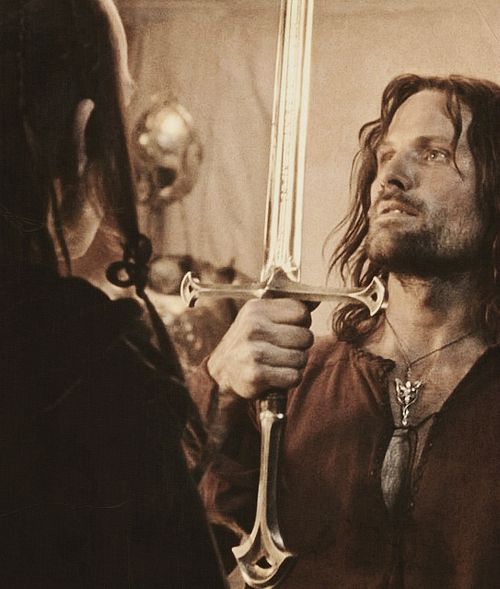Hello, readers, it’s a beautiful day in the neighborhood!! We had some crazy, Nebraska wind today and a bit of hail. I happen to like storms, so I was quite happy. Also, I have my first Aragorn post written! It took me longer than I expected, but here we are. If I have more to say (and I haven’t bored y’all out of your minds) at the end of March, I’ll let it spill over into April. 🙂 Let me know what you think!
One of my favorite things about Aragorn, and one that came to mind first when I wanted to write about him, was his example of servant leadership. Because the greatest leader really is a servant.
Jesus is, and always will be, the best example of a leader; and He made himself a servant. The story of Jesus washing His disciples feet comes to mind quickly. Washing feet was a job for the lowest servant, but Jesus chose it, and told his disciples to do the same. In Philippians it says:
“Your attitude should be the same as that of Christ Jesus: Who, being in very nature God, did not consider equality with God something to be grasped, but made himself nothing, taking the very nature of a servant, being made in human likeness. And being found in appearance as a man, he humbled himself and became obedient to death–even death on a cross!”
It’s obvious that Aragorn’s goal in The Lord of the Rings is to claim the kingship of Gondor: he is the heir to the throne, and he knows it. Aragorn is the rightful king and a born leader–but he knows what being a leader means. And part of leading is putting your followers before yourself.
I especially loved the way Tolkien depicted him as a healer. Caring for the wounded is often portrayed as the job of those who were too weak to fight, but Aragorn’s healing powers came with physical strength, which fascinates me. I think the idea of a king being a healer is such a powerful one. (We’ll discuss the whole kingship thing in another post, so more on this later. 😉 )
The wounded are always sent to Aragorn, and he never refuses the job. It’s most obvious in The Return of the King, at the Houses of Healing. But really, Aragorn is serving quietly throughout the trilogy. In The Two Towers, Gimli insists on riding with the others, despite being wounded in the latest battle. He claims the wound is only a scratch and doesn’t matter. Aragorn responds “I will tend it, while you rest,” (page 532). It took me a while to realize that this implies Aragorn would not be resting. And you see the same scenario through all three books, from Frodo’s wound after Moria to the Houses of Healing.
I also appreciate how raw and how real Tolkien’s work was. As much as you can tell Aragorn loves being a leader, Tolkien portrayed how leading can be a burden as well. At the end of The Fellowship of the Ring and the beginning of The Two Towers it’s especially obvious. You can see that Aragorn doesn’t see himself as qualified to take Gandalf’s role, and feels so lost without him. I pity him, honestly. Without Gandalf to guide Frodo, Aragorn feels responsible for helping him, and therefore taking on part of the responsibility of carrying the Ring–he literally has the fate of kingdoms on his shoulders.
But leading the fellowship after Gandalf’s death was Aragorn’s choice in the first place, which brings us back to what I said earlier–he knows he’s a leader. Literally his first words after Gandalf’s fall are, “Come! I will lead you now!” (The Fellowship of the Ring, page 371)
And there’s no dispute–the fellowship knows he’s the one qualified to lead them.



